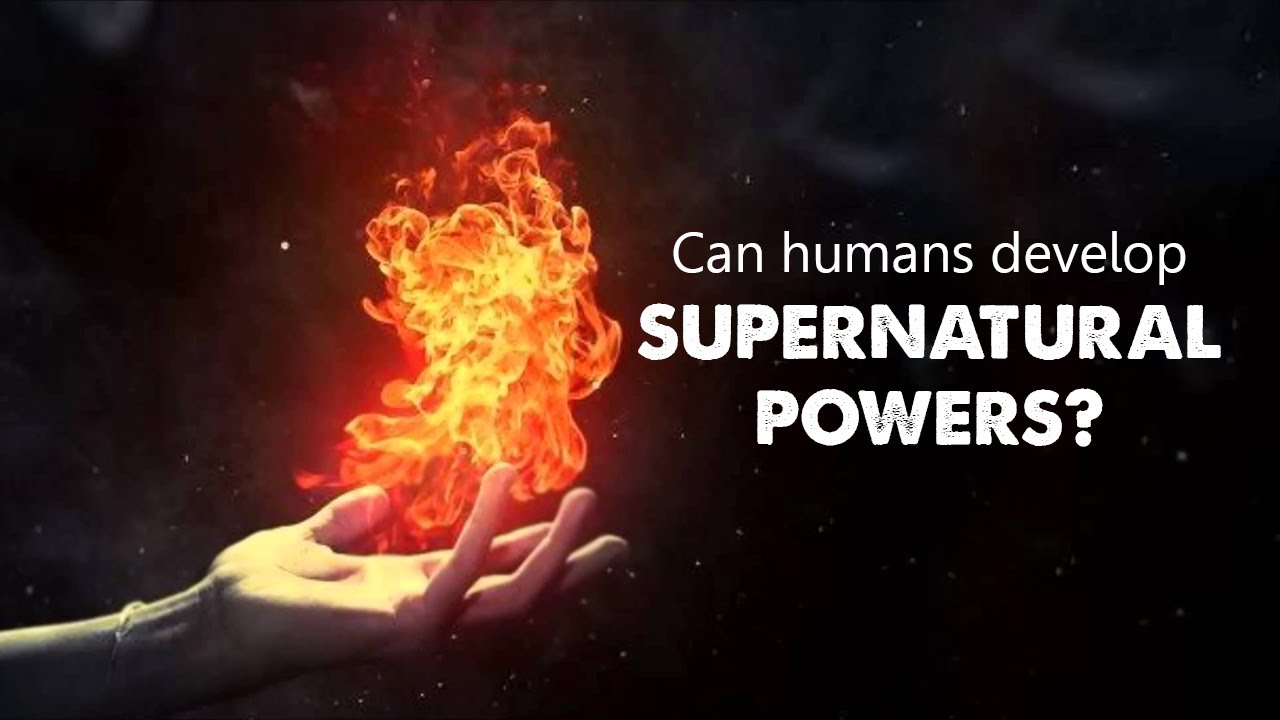
Why You Really Don’t Want Superpowers: The Unforeseen Consequences
The allure of superpowers is a pervasive theme in modern culture. From comic books to blockbuster movies, we are constantly bombarded with images of individuals possessing extraordinary abilities, effortlessly saving the day and achieving seemingly impossible feats. But have we truly considered the ramifications of wielding such power? This article will delve into the reasons why the fantasy of having superpowers might be far more appealing than the reality, exploring the potential downsides and unforeseen consequences that often go unexamined. The truth is, the idea of having superpowers is often romanticized, ignoring the very real potential for these abilities to negatively impact one’s life and the world around them. Before wishing for superpowers, consider the potential pitfalls.
The Burden of Responsibility
One of the most significant drawbacks of possessing superpowers is the immense responsibility that comes with it. The classic adage, “With great power comes great responsibility,” rings true. Imagine having the ability to fly, possess superhuman strength, or manipulate the elements. The temptation to intervene in every crisis, to right every wrong, would be overwhelming. However, such constant involvement would inevitably lead to burnout, emotional exhaustion, and a profound sense of pressure. The weight of the world, or at least your corner of it, would constantly rest on your shoulders.
Furthermore, the very act of intervening, even with the best intentions, can have unintended and far-reaching consequences. The butterfly effect, where small actions can trigger massive and unpredictable changes, would be a constant threat. Every decision, every action taken with superpowers, would need to be meticulously considered, adding another layer of stress and complexity to an already demanding existence. Consider the ethical dilemmas: who decides when and how to use your superpowers? What are the boundaries of your intervention?
The Loss of Anonymity and Privacy
In today’s hyper-connected world, privacy is already a precious commodity. Possessing superpowers would effectively obliterate any semblance of anonymity. The moment your abilities become known, you would become a public figure, constantly scrutinized and analyzed. Every aspect of your life, from your personal relationships to your daily routines, would be subject to intense media attention. Paparazzi would relentlessly pursue you, and your every move would be documented and disseminated online.
Imagine the challenges of maintaining a normal life. Simple tasks like grocery shopping or going for a walk in the park would become logistical nightmares. You would be constantly besieged by autograph seekers, interview requests, and the general chaos that follows celebrity. The loss of privacy would extend beyond the merely inconvenient; it could also pose a serious threat to your safety and the safety of your loved ones. Criminals and adversaries would be highly motivated to exploit your weaknesses and target those closest to you.
The Erosion of Trust and Relationships
The possession of superpowers can fundamentally alter your relationships with family, friends, and colleagues. The power imbalance created by your abilities can breed resentment, envy, and distrust. Even those closest to you may begin to view you differently, questioning your motives and fearing your potential. The dynamics of your relationships would inevitably shift, potentially leading to estrangement and isolation.
Imagine trying to maintain a romantic relationship when you possess superhuman strength. The fear of accidentally harming your partner, or the inherent inequality in the relationship, could create insurmountable challenges. Similarly, friendships could be strained by the constant awareness of your superior abilities. The simple act of helping a friend move furniture could become a source of anxiety and awkwardness. The possession of superpowers can create a chasm between you and the people you care about, leading to a profound sense of loneliness.
The Potential for Abuse and Corruption
Human nature is inherently flawed. Even with the best intentions, the temptation to abuse power is a constant threat. Superpowers, by their very nature, offer the potential for immense control and influence. The ability to manipulate minds, control the elements, or teleport across vast distances could easily be used for personal gain, political advantage, or even outright tyranny. The safeguards against such abuse are often inadequate, and the consequences can be devastating.
Consider the scenario of a politician with the ability to read minds. The temptation to use this ability to gain an advantage over opponents, manipulate public opinion, or uncover secrets would be overwhelming. Similarly, a business executive with the power to control the stock market could amass unimaginable wealth through insider trading and market manipulation. The potential for corruption is inherent in the possession of superpowers, and the consequences can be far-reaching and destructive. [See also: The Ethics of Superpower Regulation]
The Scientific and Ethical Quandaries
The existence of superpowers would raise a host of complex scientific and ethical questions. How would these abilities be studied and understood? What are the potential risks and side effects of using them? How would society regulate and control individuals with superpowers? The answers to these questions are far from clear, and the potential for misuse and abuse is significant.
Imagine the ethical dilemmas surrounding the use of genetic engineering to create individuals with superpowers. Would such a practice be morally justifiable? What are the potential consequences of creating a genetically superior class of individuals? The scientific and ethical implications of superpowers are vast and complex, and they demand careful consideration and debate. Furthermore, the sheer existence of individuals with extraordinary abilities would challenge our understanding of physics and biology, potentially overturning established scientific principles. [See also: Superpower Research: Challenges and Opportunities]
The Inevitable Government Scrutiny and Control
Governments, by their very nature, seek to control and regulate anything that poses a potential threat to national security. Individuals with superpowers would inevitably attract intense government scrutiny and control. They would likely be subjected to constant surveillance, rigorous testing, and potentially even forced conscription into government service. The freedom and autonomy that they once enjoyed would be severely curtailed.
Imagine being forced to work for a government agency, using your superpowers to carry out missions that you may not agree with. The ethical compromises and moral dilemmas would be immense. Furthermore, the government’s attempts to control and regulate individuals with superpowers could lead to conflict and oppression. The potential for abuse of power is inherent in such a situation, and the consequences could be devastating. The idea of being a government asset, constantly monitored and controlled, is a far cry from the romanticized image of a superhero.
The Psychological Toll
The psychological impact of possessing superpowers is often overlooked. The constant pressure to use your abilities for good, the fear of making mistakes, and the isolation that comes with being different can take a significant toll on your mental health. Individuals with superpowers may be more susceptible to anxiety, depression, and post-traumatic stress disorder.
Imagine the psychological burden of knowing that you could have prevented a tragedy but failed to act in time. The guilt and regret could be overwhelming. Furthermore, the constant awareness of your own power and potential could lead to feelings of arrogance and detachment. The psychological challenges of possessing superpowers are significant and should not be underestimated. The isolation and the constant pressure to perform can be incredibly damaging.
The Mundane Reality of Superpowers
Finally, it’s important to consider the mundane reality of possessing superpowers. While the idea of flying through the air or lifting cars with ease may seem glamorous, the day-to-day reality would likely be far less exciting. The constant need to control your abilities, the challenges of maintaining a normal life, and the potential for boredom would likely outweigh the initial thrill of possessing superpowers.
Imagine having the power of invisibility but using it primarily to avoid awkward social situations or cut in line at the grocery store. The reality of superpowers is often far less dramatic than the fantasy. The constant need to manage your abilities, the potential for accidents, and the sheer monotony of using them for everyday tasks could quickly become tiresome. The fantasy of superpowers often overlooks the mundane realities of everyday life.
In conclusion, while the allure of superpowers is undeniable, it is crucial to consider the potential downsides and unforeseen consequences. The burden of responsibility, the loss of privacy, the erosion of trust, the potential for abuse, the scientific and ethical quandaries, the inevitable government scrutiny, the psychological toll, and the mundane reality of superpowers all contribute to a compelling argument against wishing for such abilities. The fantasy of having superpowers is often far more appealing than the reality. Before wishing for superhuman abilities, consider the complexities and potential pitfalls. Perhaps, being ordinary isn’t so bad after all.

